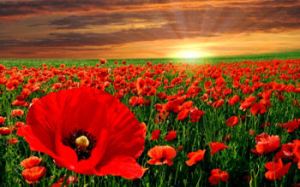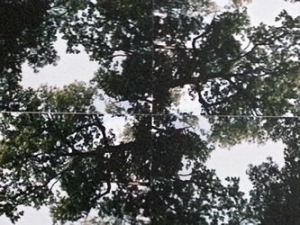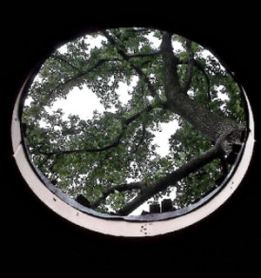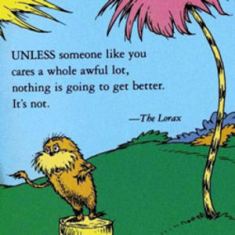“It is one of three things…” stated the surgeon in a sedate voice. He methodically plotted each possible diagnosis with an accompanying semi-pedantic explanation. “…the third of which is Crohn’s disease.” The realization resonated with his words. None of the possibilities sounded particularly “good”, however; I looked forward to a confirmation, whatever “Crohn’s” was.

Poppy field – Bing image
The pathology report read positive Crohn’s disease. I felt an overwhelming sense of relief. The assigned name validated the way I felt nearly all my life. Now that I knew what I was dealing with, I could move forward from there…and I did…
“Hindsight is 20/20” was a future lesson learned as I became caregiver for both of my parents. My Mother already had a stage IV breast cancer diagnosis, then my Father slowly devolved with Alzheimer’s disease, years after my Mother’s death. My Mother forged ahead for 23 years, teaching me the value of fortitude. Living proof you can lead a functional lifestyle and enjoy it, diagnosis be damned. In the following couple of years Dad lived alone, his decline became apparent. He spent the next few years with us and in assisted living. He, too, was high functioning, vacillating between stage 2 and stage 3 Alzheimer’s disease.

‘Kaleidoscope Trees’ by Bethane M. Evans
Genuine memories were seldom spent with each other during the wee hours of the morning, whispering while the rest of the world slept. The lines of the calendar blurred during long, never ending days in the stark hospital rooms. We passed time indulging ourselves with Ice cream for dinner, early AM television and sharing the occasional dram of brandy while reminiscing over tea.
Finally, as Dad wandered in his thoughts, I had my fondest recollections. This opportunity allowed us to connect on a different plane. We would travel to our own secret place, with our own language. We even had our own secret handshake (which we always had but he still remembered it there). Time didn’t exist and words could mean anything. We spoke in pictures telling abstract stories we never shared. These were the times I cherish most, when we are our most vulnerable, our most authentic.
I was able to be with both of my parents during the most critical times of their respective illnesses. They treated and cared for me all of my life, in their own unique ways. My Mother’s nurturing, maternal approach and my Father’s cultural, alternative approach complemented how I was able to be there for them. It is what I was taught, it is what I know and it is what I practice in my work and home – because it works!




